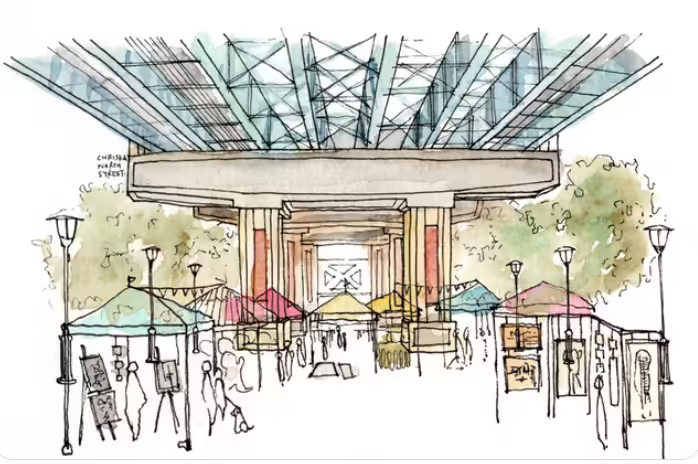In today's fast-paced, mass-produced fashion industry, there's a growing yearning for authenticity, quality, and ethical production. Artisanal production, with its focus on skilled craftsmanship, local materials, and fair labor practices, is emerging as a powerful solution to the environmental and social challenges of the fashion industry.
What is Artisanal Production?
Artisanal production involves creating goods by hand, often using traditional techniques and tools. Artisans, skilled craftspeople, pour their heart and soul into each piece, resulting in unique, high-quality products. This approach stands in stark contrast to mass production, which often prioritizes quantity over quality and relies on automation and low-wage labor.

The Benefits of Artisanal Production
- Sustainability:
- Reduced Environmental Impact: Artisanal production often involves the use of local, natural materials and low-impact techniques, minimizing the carbon footprint and reducing waste.
- Conservation of Traditional Crafts: By supporting artisans, we help preserve cultural heritage and traditional skills, ensuring their continuity for future generations.
- Ethical Production:
- Fair Labor Practices: Artisans are often paid fair wages and work in safe, healthy conditions. This ensures that their livelihoods are protected and that they are treated with respect.
- Community Empowerment: Artisanal production can empower local communities by providing employment opportunities and stimulating economic growth.
- Unique and High-Quality Products:
- One-of-a-Kind Pieces: Artisanal products are often unique, handcrafted items that cannot be replicated by machines. This exclusivity adds value and desirability.
- Durability and Timeless Appeal: Well-made, handcrafted items tend to last longer, reducing the need for frequent replacements and contributing to a more sustainable consumption pattern.
- Storytelling and Connection:
- Authenticity and Transparency: Artisanal products often come with a story, revealing the journey from raw materials to finished product. This transparency builds trust and fosters a deeper connection between the consumer and the maker.
- Personalization: Artisans can often customize products to meet individual preferences, creating truly personalized items.
The Role of Artisanal Production in Sustainable Fashion
The fashion industry has a significant impact on the environment and society. By embracing artisanal production, brands can:
- Reduce their carbon footprint: By sourcing locally and minimizing transportation distances.
- Promote fair labor practices: Ensuring that workers are treated with dignity and respect.
- Create high-quality, durable products: Reducing the need for frequent replacements.
- Foster cultural heritage: Preserving traditional skills and techniques.
- Build strong brand identities: Connecting with consumers through authentic storytelling and unique products.
Challenges and Opportunities
While it offers numerous benefits, it also faces challenges, such as:
- Higher production costs: Handcrafted items can be more expensive than mass-produced goods.
- Longer production times: Artisanal production often requires more time and patience.
- Limited scalability: Scaling up artisanal production can be challenging, as it relies on skilled labor and traditional techniques.
By investing in training programs, supporting local artisans, and collaborating with designers, brands can overcome these hurdles and unlock the full potential.
The Future of Fashion
The future of fashion lies in a harmonious blend of sustainability, ethics, and aesthetics. Artisanal production offers a promising path forward, empowering both consumers and producers to make a positive impact on the planet and society. By choosing artisanal products, we can support fair trade, reduce our environmental footprint, and embrace the beauty of handcrafted goods.
As consumers become increasingly conscious of the social and environmental implications of their choices, the demand for sustainable and ethical fashion is growing. Artisanal production, with an emphasis on quality, authenticity, and sustainability, will play a pivotal role in shaping the future of the fashion industry.
